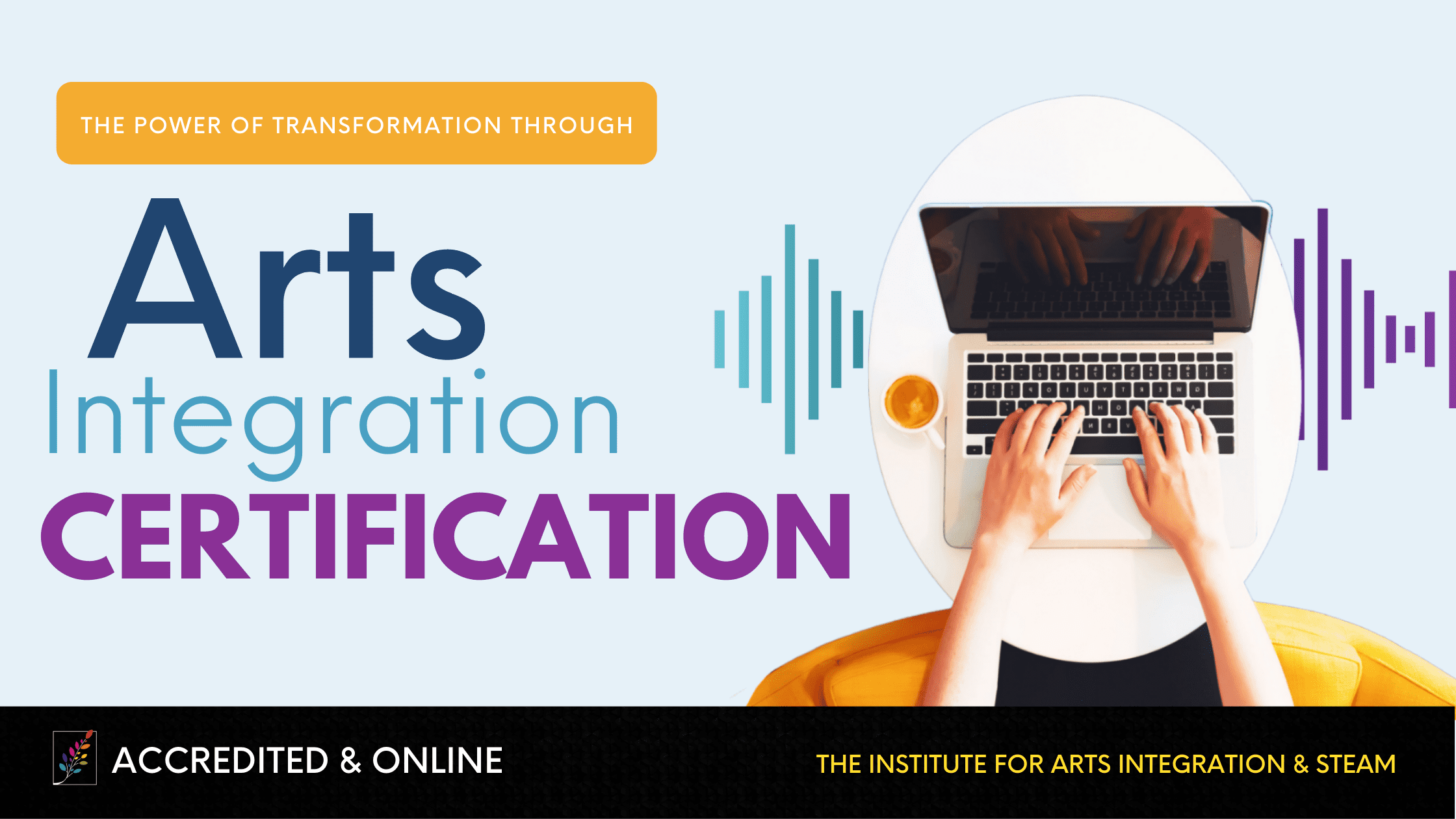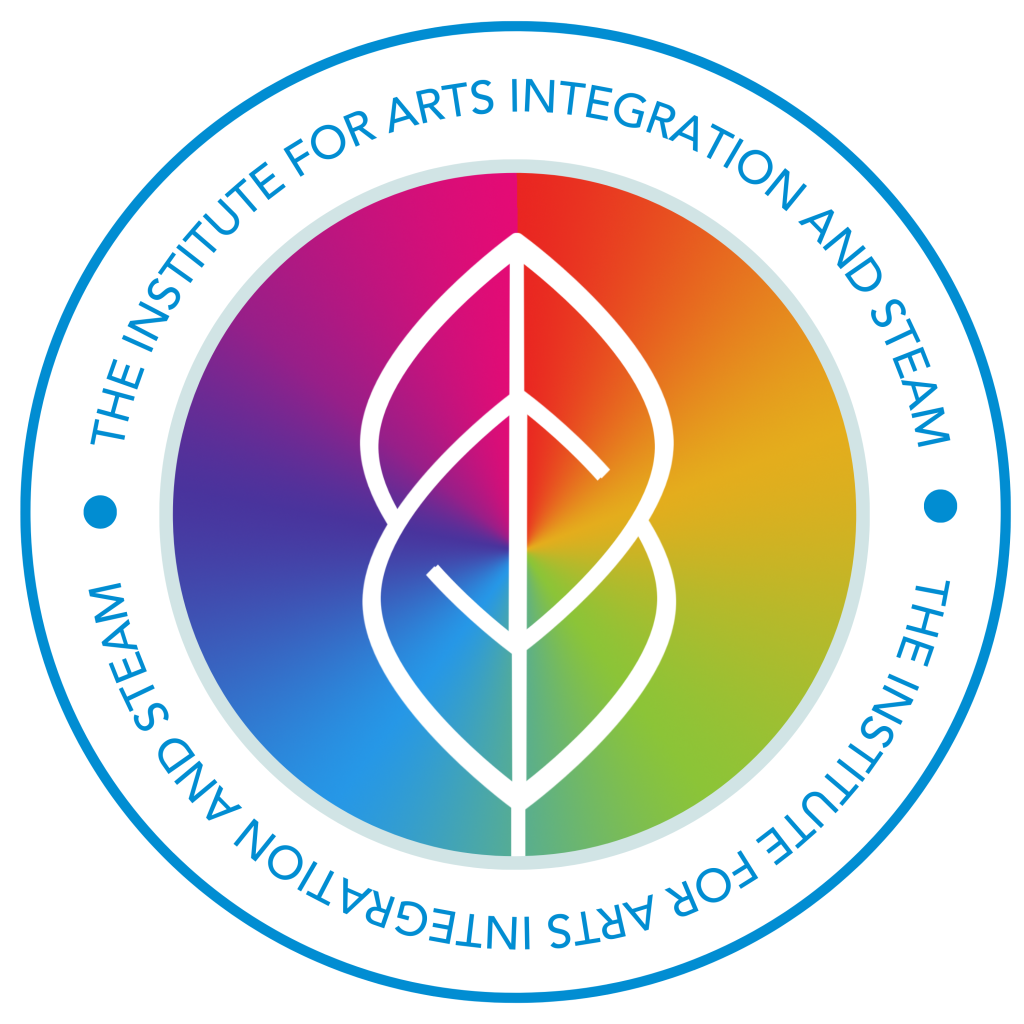Susan Riley | June 2013
The Rigor of Play
“The arts should be more rigorous.”
“Students shouldn’t just be playing around in an arts class.
“The arts can’t just be ‘feel good’ time.”
Are you wincing yet? I can’t tell you how many times I have heard these arguments by teachers, administrators and parents. Somewhere along the way, the Arts got lumped into the same categories as babysitting and Saturday playgroups. I hope this has started to get your blood pumping, because mine just about boils at these statements.
There’s Nothing Wrong with Play
Have you watched children play? It’s imaginative, includes problem-solving (what strategy can I use to get that other kid out in dodgeball), and builds social skills. There is rigor in all of that. In fact, some research suggests that we don’t provide enough time for our children in play. We want to encourage ingenuity, collaboration and the ability to network with others to be successful in a global economy – what do you think play is?
I’m not so offended that the Arts are sometimes juxtaposed with play – in fact, I think that the arts complement play very well. Instead, it’s the implication that the arts are somehow an “extra” or “less than” in some way to other content areas. As if we need to test the arts in order to provide them with some value. The arts (and play) have value in and of themselves.
The skills, processes and applications that are needed to actively participate in the arts are the essence of what is missing in the traditional math or language arts classes. The arts give permission to students for experimentation, for no “right” or “wrong”, for expression and to provide evidence of their thinking in visible ways. Rigor lies within the arts, not outside of the arts.
The Real Issue
Perhaps the real issue lies in how or when the arts are graded. Since we seem to need a quantifiable way to measure achievement in all areas, many people assume that the arts fall short, and correlate to playtime, which doesn’t have any measurement associated with it either. However, as we have shown many times here on EdCloset, this is simply not true. There are many ways to assess the arts authentically which takes into account both quality and quantity of growth. But the bigger question remains, do the arts (and play) only have value if they can be quantified by a letter or number? Of course not. Yet we still seem stuck.
There is rigor in play, just as there is rigor in the arts. It is time to recognize this as an undeniable truth, rather than running in circles to “justify” their value. Then, we can get down to the serious business of educating the whole child.



